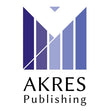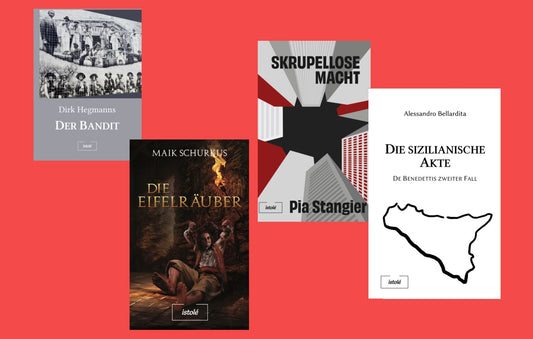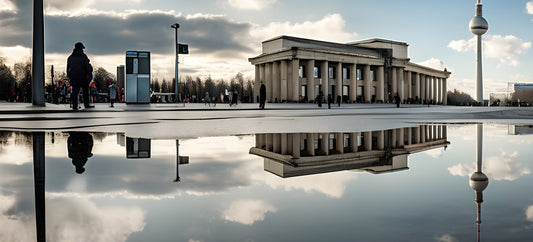Samer Al Najjar. With your new novel you deal with very current questions surrounding the Syrian crisis. What perspectives does the protagonist, Adam, pursue in your story?
My novel is about a young man who was born in Damascus. He grows up in his uncle's home, where he experiences constant emotional abuse and bullying. After telling about the protagonist's childhood, I show how he changes with the outbreak of the Syrian revolution in 2011. He is committed to democracy and civil liberties and takes part in peaceful protests.

The dream of a free Syria drives young Adam. How do you define this dream for yourself?
I dream every day of a free, democratic Syria, loved by its own people as they love themselves. A tyrannical, unjust Syria can never be my home. On the contrary, I actually hate the current situation very much.
They immigrated to Germany from Syria in 2014. How do you keep your childhood and youth in Syria in your memory?
I experienced a typical childhood in Syria. We were terrorized at school. There was a constant attempt to turn the children into soldiers. We thought it was fine since we didn't know anything else.
In your novel you also address post-traumatic stress as a result of war experiences.
Yes, exactly. My novel focuses on the development of the protagonist, on how the experiences of loss and violence in his childhood affect the young adult, how the violence of a dictatorship, the dangers of war and flight affect his mental health, which he intuitively tries to preserve tried. My goal is to shed light on this dark side of war survivors and refugees, which is often pushed into the background. Post-traumatic stress disorder is a widespread phenomenon among them, which I have observed several times myself. However, it is very rarely discussed, and the refugees themselves also avoid discussing their PTSD symptoms.
What reaction do you hope to elicit from the reader of the novel?
Criticism and reflection. I wanted to address the harshest facts of humanity in my text. My intention was to write a book that would create more discussion and more conversation among people.
Adam reaches Vienna, where the dream of a free Syria suddenly becomes tangible again. How does this turnaround come about?
Adam is unable to break away from this dream because his life before the revolution was meaningless. He cannot see any meaning for his own life without his dream. Can love do it? That is the question.
The interview was conducted by Christian Leeck. Machine translated from German.
Wuppertal, February 2023.




